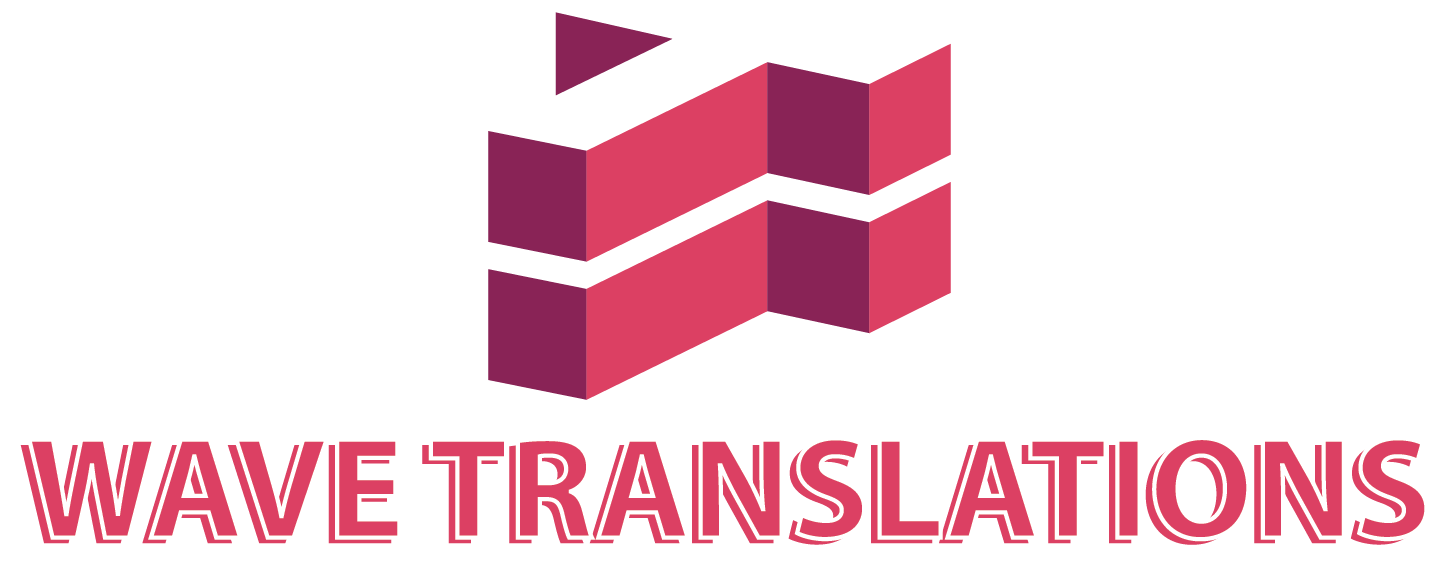The construction industry is rapidly evolving, with projects increasingly spanning across international borders. As global infrastructure development accelerates, translation in the construction industry has become not merely an advantage but a fundamental necessity. Multinational construction projects bring together professionals from diverse linguistic and cultural backgrounds, creating complex communication networks that require precise language solutions to function effectively.
Facilitating Clear Communication Across Multinational Teams
Construction projects function through intricate coordination among multiple teams working in unison toward a common goal. When these teams speak different languages, the potential for misunderstanding multiplies exponentially. Accurate translation in the construction industry serves as the essential bridge that ensures clear communication across language divides.
The primary function of translation services in construction projects is to create uniform understanding among all stakeholders. When project plans, technical specifications, and design documents are precisely translated, every team member gains access to identical information, regardless of their native language. This synchronization of knowledge is critical for maintaining cohesive workflows and preventing costly errors that can arise from misinterpretations.
Professional translation in the construction industry and manufacturing industy ensures that complex technical concepts maintain their precise meaning across language barriers. Specialized translators with construction expertise can accurately convey nuanced information about load-bearing capacities, material specifications, or technical requirements, preserving the exact meaning intended by the original author.

Ensuring Technical Precision in Critical Documentation
Construction projects generate vast amounts of technical documentation, each requiring meticulous attention to detail. Translation in the construction industry must maintain absolute precision when handling these specialized materials:
Blueprints and Technical Drawings
Architectural and engineering drawings contain detailed information that must be interpreted exactly as intended. Even minor translation errors in dimensions, specifications, or annotations can lead to significant structural problems. Professional translators specializing in construction ensure that all technical notations maintain their precise meaning across languages, preventing potentially dangerous misinterpretations.
Material Specifications
Construction projects utilize numerous specialized materials with specific technical properties. Accurate translation ensures that materials are ordered and used correctly, preventing situations where unsuitable substitutes are employed due to misunderstood specifications. This precision in translation directly impacts the quality and safety of the finished structure.
Construction Contracts
Legal agreements in construction are highly technical documents that define project parameters, responsibilities, timelines, and financial arrangements. Translation in the construction industry must capture both the legal nuances and technical specifications contained in these contracts. Errors in contract translation can lead to disputes, financial losses, or project delays.
A study of international construction disputes found that misinterpretation of contract terms across languages was a contributing factor in nearly 35% of cases. Professional translation services significantly reduce this risk by ensuring that all parties have an identical understanding of their contractual obligations, regardless of language barriers.
Maintaining Safety Standards Through Clear Communication
Safety represents perhaps the most critical area where translation in the construction industry proves essential. Construction sites are inherently hazardous environments where clear communication can literally save lives. When workers come from different linguistic backgrounds, translated safety protocols become vital protection mechanisms.
Safety Training and Protocols
Every construction worker needs comprehensive training in safety procedures relevant to their role. When teams include members from different countries, these training materials must be accurately translated to ensure uniform understanding of crucial safety protocols. Professional translation services ensure that safety information remains clear and accessible to all workers, regardless of their native language.
Warning Signs and Emergency Instructions
Construction sites use visual warnings and emergency instructions to alert workers to potential hazards. Multilingual signage ensures that critical safety information is immediately comprehensible to all workers. Translation in the construction industry includes the adaptation of these safety communications to accommodate diverse linguistic needs, creating inclusive safety measures that protect all team members equally.
Emergency Response Procedures
In crisis situations, clear communication becomes even more crucial. Translated emergency protocols ensure that all workers know exactly how to respond to accidents, fires, or other dangerous situations. This preparation can significantly reduce response times during emergencies and potentially prevent serious injuries or fatalities.

Software Localization
As construction becomes increasingly digitized, translation in the construction industry has expanded to include software localization. Construction teams now rely on numerous digital tools for project management, design, communication, and documentation. These platforms must be accessible to all team members, regardless of language.
Building Information Modeling (BIM) Software
BIM platforms have revolutionized construction planning and execution, allowing teams to create detailed digital models that integrate all aspects of a project. Localizing these complex software systems involves translating not only interface elements but also specialized technical terminology that may not have direct equivalents in all languages. Professional translators must work closely with technical experts to ensure that localized BIM software maintains its functionality and precision across language versions.
Project Management Applications
Digital project management tools coordinate workflows, track progress, and manage resources across construction projects. Translation in the construction industry ensures that these crucial coordination platforms are fully accessible to multinational teams. Localized project management software allows real-time collaboration across language barriers, significantly enhancing team efficiency and coordination.
Mobile Applications for On-Site Teams
Field workers increasingly rely on mobile applications for accessing plans, reporting issues, and communicating with project managers. These applications require comprehensive localization to support multilingual teams working on the construction site. Professional translation services adapt these tools to local languages while maintaining their technical functionality and user-friendly interface.
Building Stakeholder Relationships Through Effective Translation
Construction projects involve diverse stakeholders with varying interests and concerns. Interpretation Services in the construction industry facilitates effective communication with all these parties, building trust and improving project outcomes.
Investor Communications
Large construction projects often attract international investors who require regular updates on progress and financial performance. Accurately translated reports and presentations ensure that these stakeholders receive clear information about their investments. Whether it’s in the healthcare industry or the construction industry, professional translation services help maintain investor confidence by providing transparent and accessible communications, regardless of language barriers.
Regulatory Compliance
Construction projects must comply with local regulations and building codes, often requiring extensive documentation for government approval. Translating these submissions accurately ensures that regulatory requirements are met without unnecessary delays. Professional translation in the construction industry includes expertise in local regulatory terminology, helping international projects navigate complex approval processes in different regions.
Community Engagement
Construction projects impact local communities, making effective communication with residents essential for project success. Translated community outreach materials help explain project benefits, address concerns, and build support among local populations. This engagement often proves particularly important for infrastructure projects that substantially affect public spaces or services.
The Economic Impact of Professional Translation Services
Investing in professional translation in the construction industry delivers significant economic benefits by preventing costly errors and delays. Construction timelines and budgets face particular sensitivity to miscommunications, with errors often requiring expensive corrections and rework.
Preventing Costly Errors
Translation mistakes in technical specifications can lead to incorrect material orders, improper installation techniques, or structural deficiencies. These errors typically require extensive rework, wasting both materials and labor hours. Professional translation services significantly reduce these risks by ensuring that all specifications are accurately conveyed across languages.
Reducing Project Delays
Schedule delays represent one of the most common and costly problems in construction projects. Communication barriers frequently contribute to these delays by slowing decision-making processes and creating coordination challenges. Effective translation in the construction industry helps maintain project momentum by facilitating smooth information flow between multinational teams.
Avoiding Legal Disputes
Contract misinterpretations resulting from poor translation can lead to expensive legal conflicts. Professional translation services help prevent these disputes by ensuring that all parties have an identical understanding of their contractual obligations. This clarity protects both clients and contractors from potential litigation costs and relationship damage.
Technological Innovations in Construction Translation
The field of translation in the construction industry continues to evolve alongside technological advancements. Several innovations are reshaping how language barriers are addressed in multinational construction projects:
AI-Enhanced Translation Tools
Artificial intelligence increasingly supports human translators in handling technical construction terminology consistently across large document sets. While AI cannot replace human expertise in complex technical translation, it can significantly enhance efficiency and consistency, especially for repetitive content in extensive documentation.
Augmented Reality Translation
Emerging augmented reality applications overlay translated information onto physical objects or spaces. Construction workers can potentially view translated instructions or specifications while examining actual components or structures, reducing the need to reference separate translated documents.
Real-Time Communication Platforms
Advanced communication systems now enable real-time translation during international team meetings and collaborations. These platforms help multinational construction teams maintain productive discussions despite language differences, improving coordination and problem-solving capabilities.

The Future of Translation in the Construction Industry
As construction projects continue to globalize, translation in the construction industry will play an increasingly vital role in project success. Several trends are likely to shape the future of construction translation:
As digital twin technology becomes standard in construction, translation services will need to integrate with these comprehensive digital models. Multilingual digital twins could allow team members to access and modify project information in their preferred language while maintaining a single source of truth.
The demand for specialized construction translators is driving the development of industry-specific certification programs. These credentials will help construction firms identify translators with the technical knowledge required for accurate translation of complex construction documentation.
Beyond language translation, construction firms increasingly recognize the importance of cross-cultural communication skills. Combined with professional translation in the construction industry, this cultural awareness helps international teams collaborate more effectively by addressing both linguistic and cultural barriers.
Conclusion
The global nature of modern construction demands comprehensive language solutions that extend far beyond simple word-for-word translation. Professional translation in the construction industry encompasses technical precision, cultural awareness, and specialized knowledge that together ensure clear communication across multinational teams.
From technical specifications and safety protocols to digital platforms and stakeholder communications, accurate translation touches every aspect of international construction projects. As the industry continues to globalize, the role of professional translation services will only grow in importance, serving as an essential foundation for successful project delivery.
By investing in high-quality translation services such as Wave Translations, construction firms can significantly reduce risks, prevent costly errors, and build stronger relationships with international partners. In today’s interconnected construction landscape, professional translation in the construction industry represents not merely a service but a critical strategic advantage that directly impacts project outcomes, safety standards, and financial performance.

